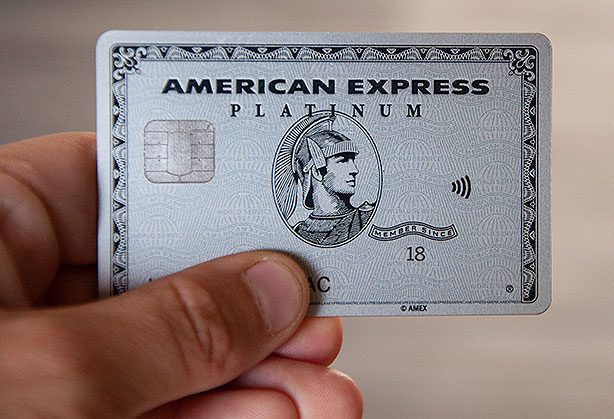When it comes to the difference between good credit and bad credit, I have first-hand experience. In fact, I went through a bankruptcy and then dedicated years to rebuilding my credit score, which is now over 800.
So, I know just how much your credit score matters. A good score can mean lower interest rates, insurance premiums, and deposit requirements.

It also increases the chance of being approved for a mortgage, new loans, and premium credit cards. On the flip side, a bad credit score can make even getting a basic credit card difficult.
Wondering what lowers your credit score? Make sure to keep an eye on these four things that could be having an impact:
Credit Report Errors
It’s important to read through your credit report at least once a year. If you don’t check it, you might miss a big mistake that’s making your credit score lower than it should be.
Don’t worry if you do spot a mistake. You can get it fixed. Click here to see how to handle an error on your credit report so that the credit reporting agency gets the correct information.
As long as you provide proof of the error, the agency can investigate the issue and fix your report. The change could give your score a good boost almost immediately.
Hard Inquiries
There are two ways that companies can check your credit report, referred to as a hard inquiry and a soft inquiry.
A soft inquiry won’t affect your credit score. A hard inquiry will. If you get too many hard inquiries, you could lower your score.
Hard inquiries happen when you apply for loans, credit cards, and mortgages. To prevent your score from dropping, try to group these applications close together so that they will count as a single inquiry. This is a common tactic for people shopping for mortgage rates.
Otherwise, try not to apply for too many new loans or credit cards. Minimalism is key.

Late Bills
One late bill payment won’t do much to your credit score. But a lot of late bill payments? That’s almost sure to move your score down.
If you have a habit of paying bills late, try to remedy it as soon as possible. To stop due dates from slipping your mind, use a free scheduling app on your smartphone or computer to remind you when to send out a payment.
Or, you could automate your bill payments using online banking and have those bill payments come out of your account right on time — even if you forget the date.
Your payment history makes up a huge chunk of your credit score. So, you should try your best to pay all of your bills in full and on time.
Credit Debt
Your credit score is based on a few factors: payment history, credit history, credit mix, new credit, and credit utilization.
Credit utilization is how much of your available credit that you’ve used. A high credit utilization ratio could be bad news for your score. It means that you’re carrying lots of debt, and you’re close to reaching your limits.
What can you do about this? Try to reduce your credit utilization ratio down by paying down the balances on your credit cards and lines of credit.
Ideally, you should try to carry a balance of no more than 30% of your maximum credit limit.

Learning about what lowers your credit score is a great first step if you want to improve your credit.
Start by tackling issues you can handle immediately, like credit report errors, and then move on to building healthier money management skills that will improve your score in the long term.
With a high credit score, you’re giving the whole family a chance at a higher quality of life, whether you’re getting approved for a mortgage on your dream home or getting a low-interest loan for your child’s first vehicle.
So take the time to look at your use of credit and see if there are places you can make improvements. I can guarantee that it really is worth it in the end!

Very good article about credit report error and much more.